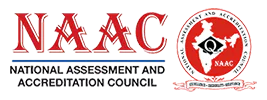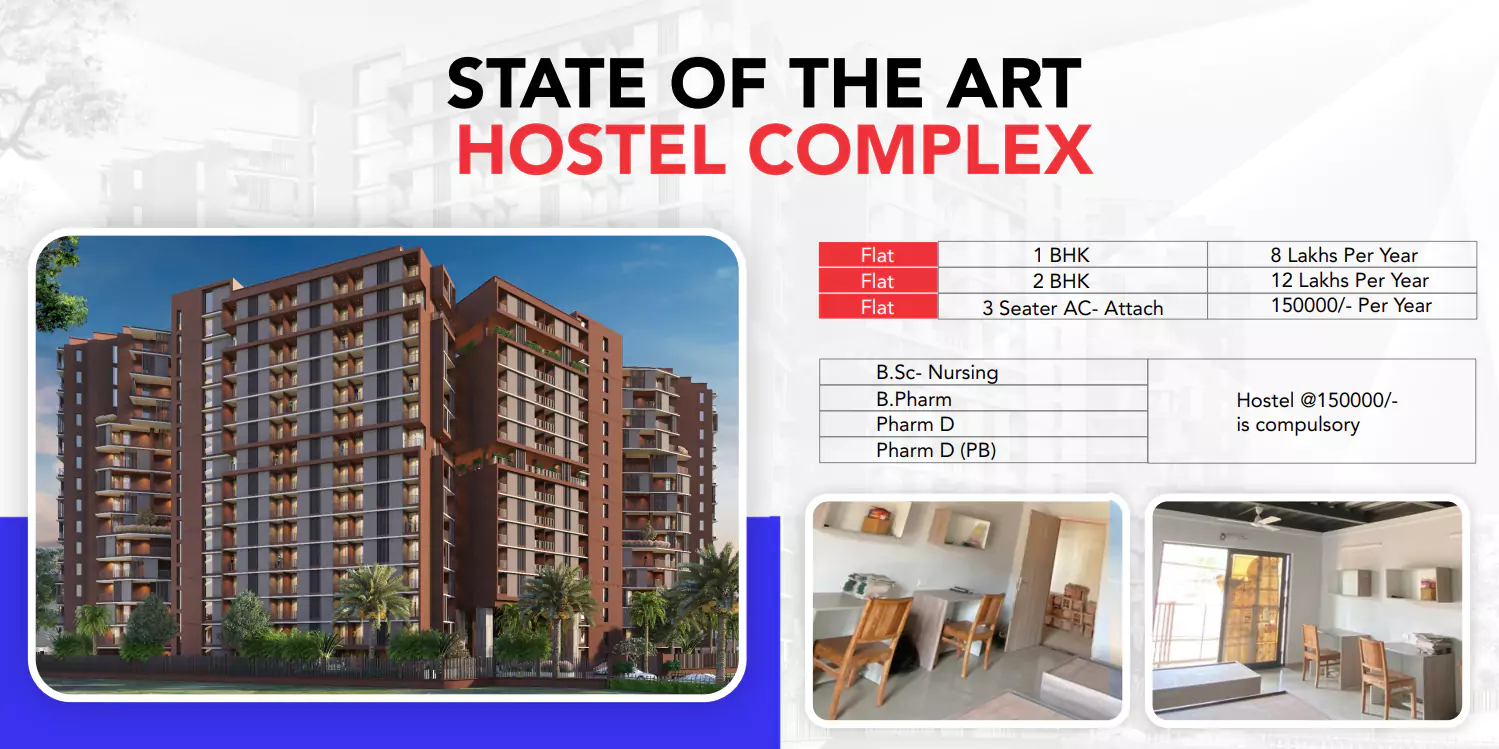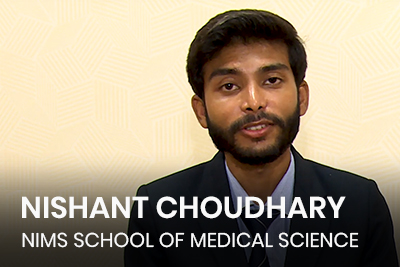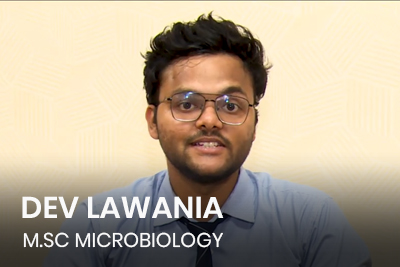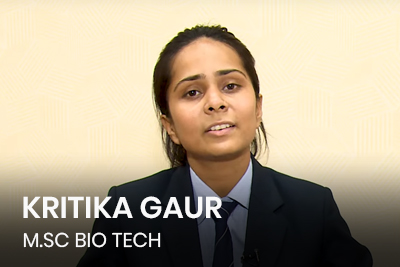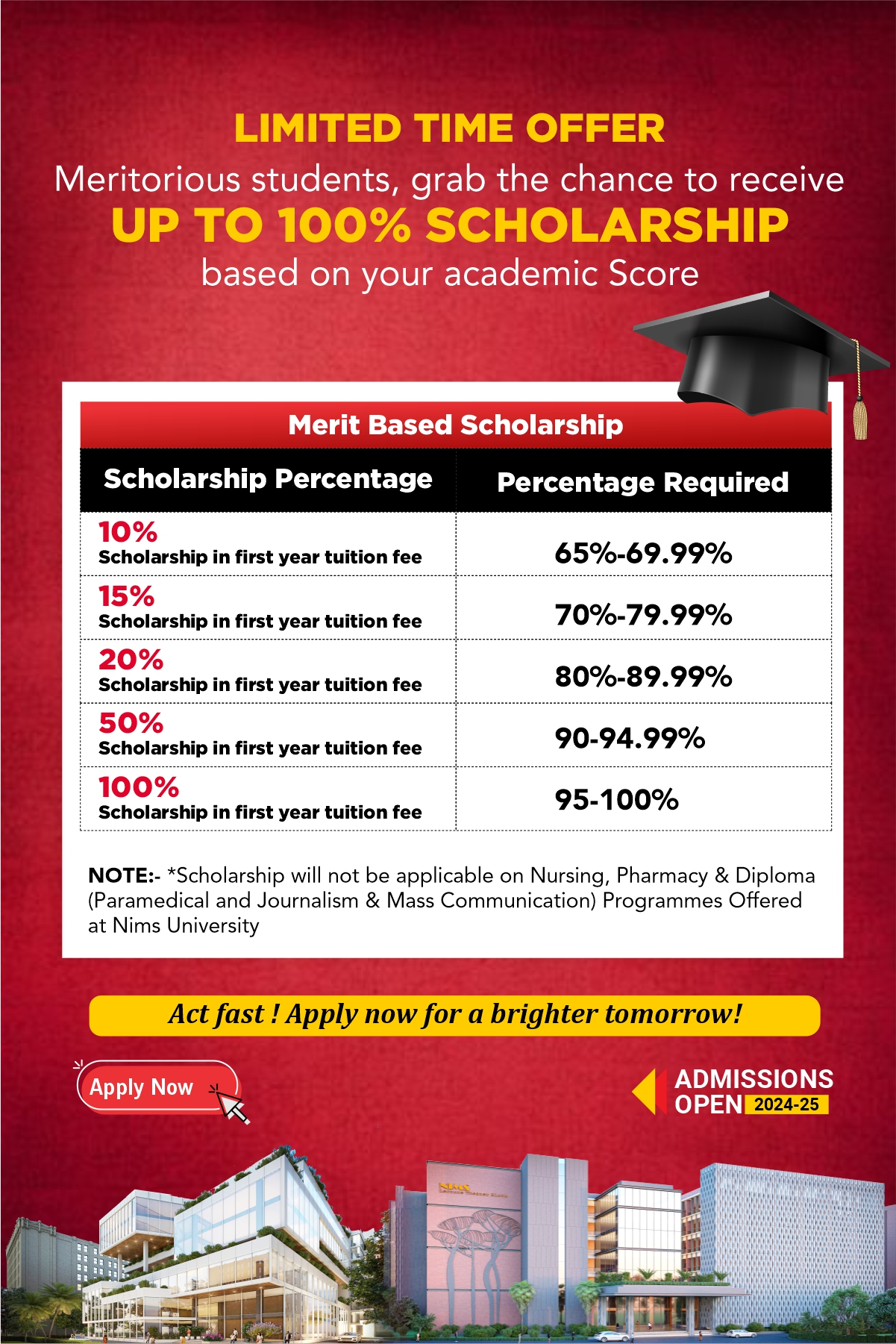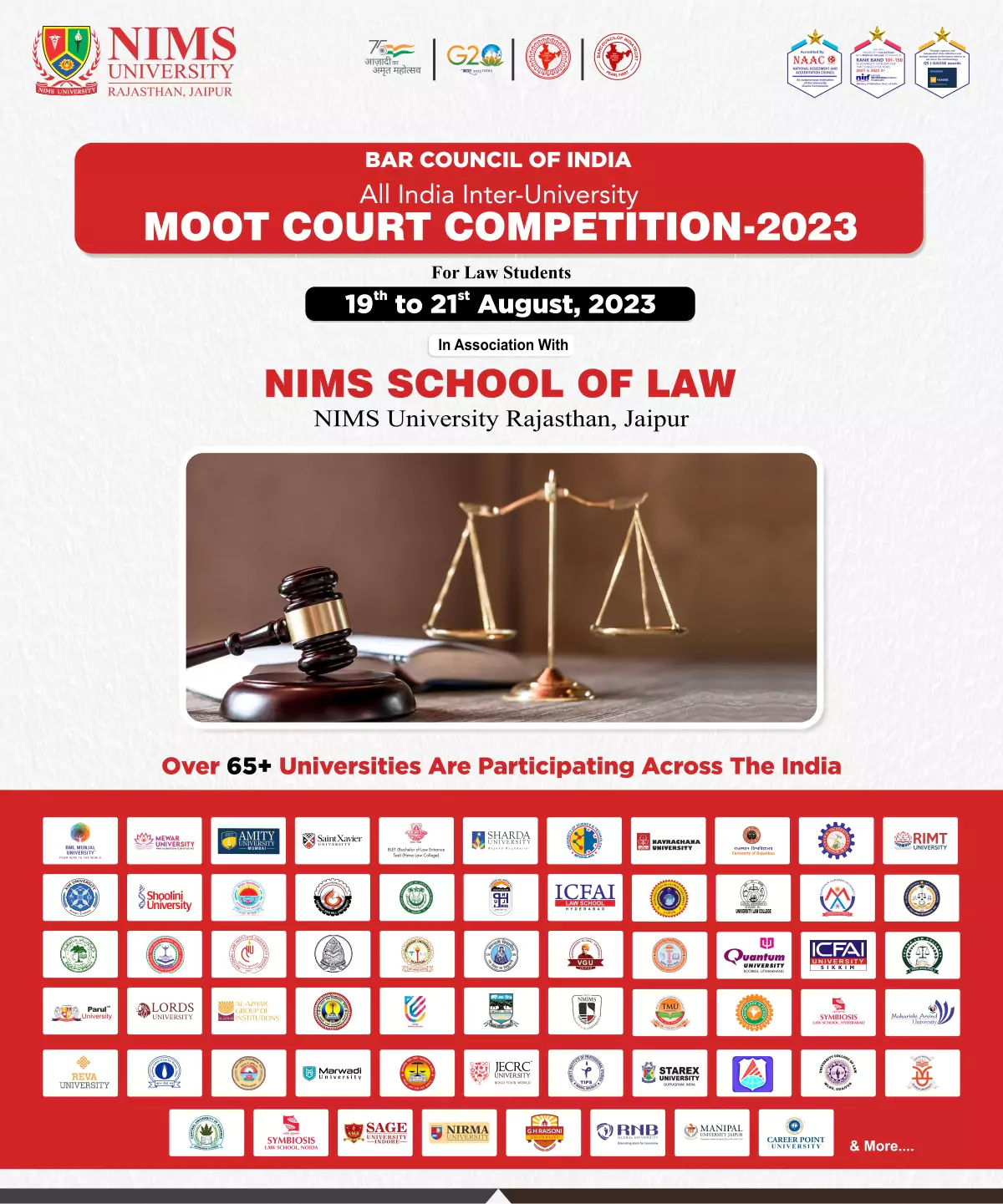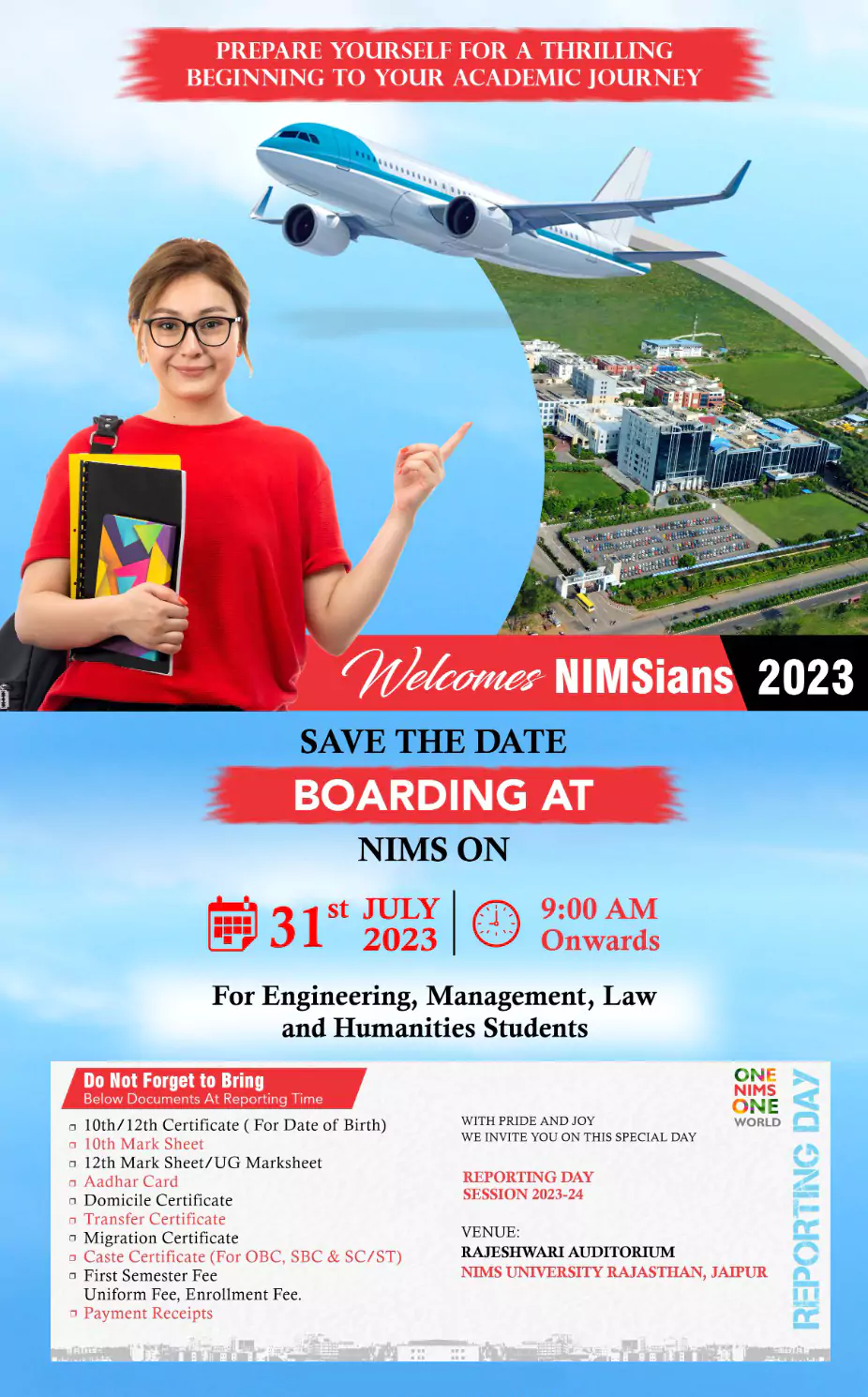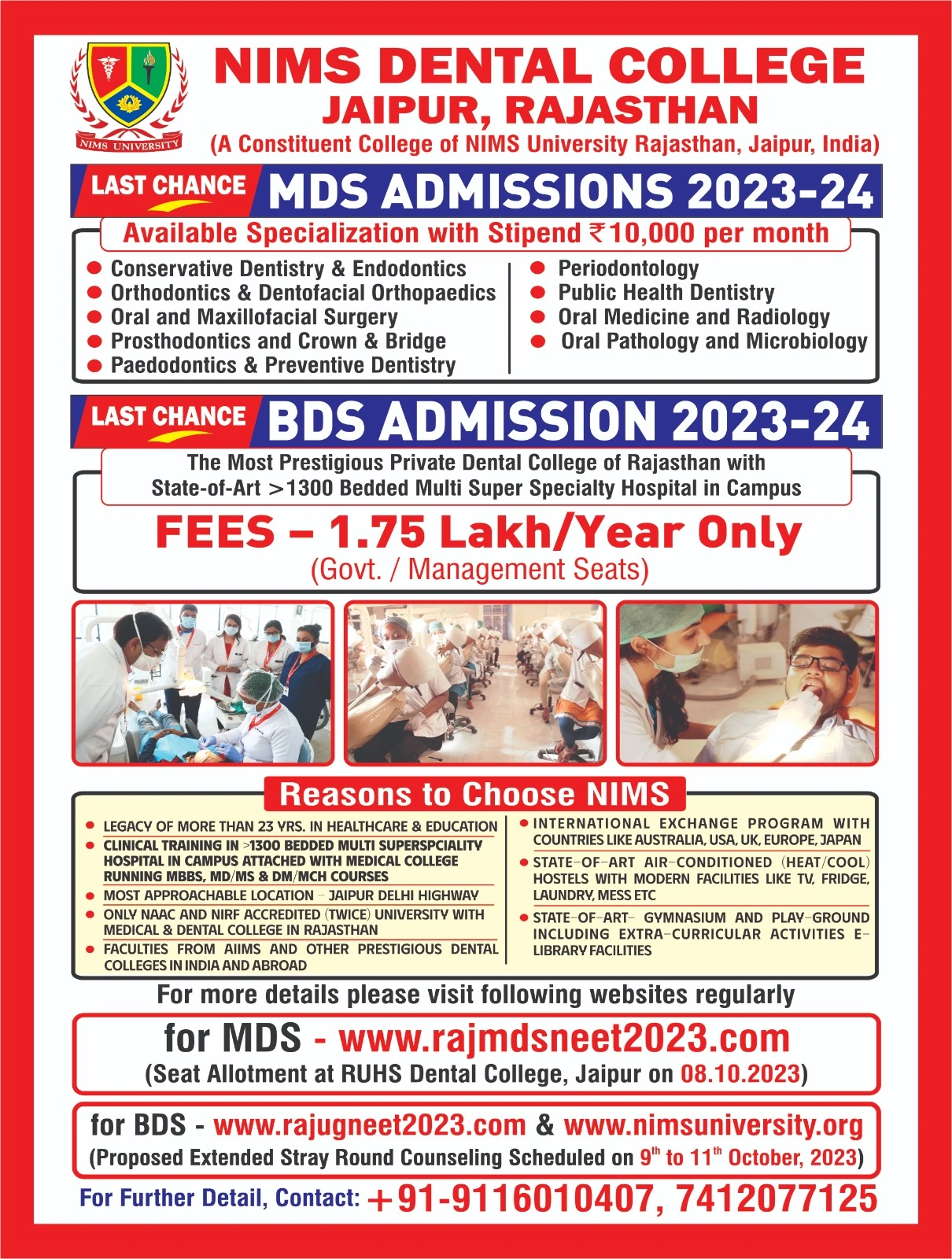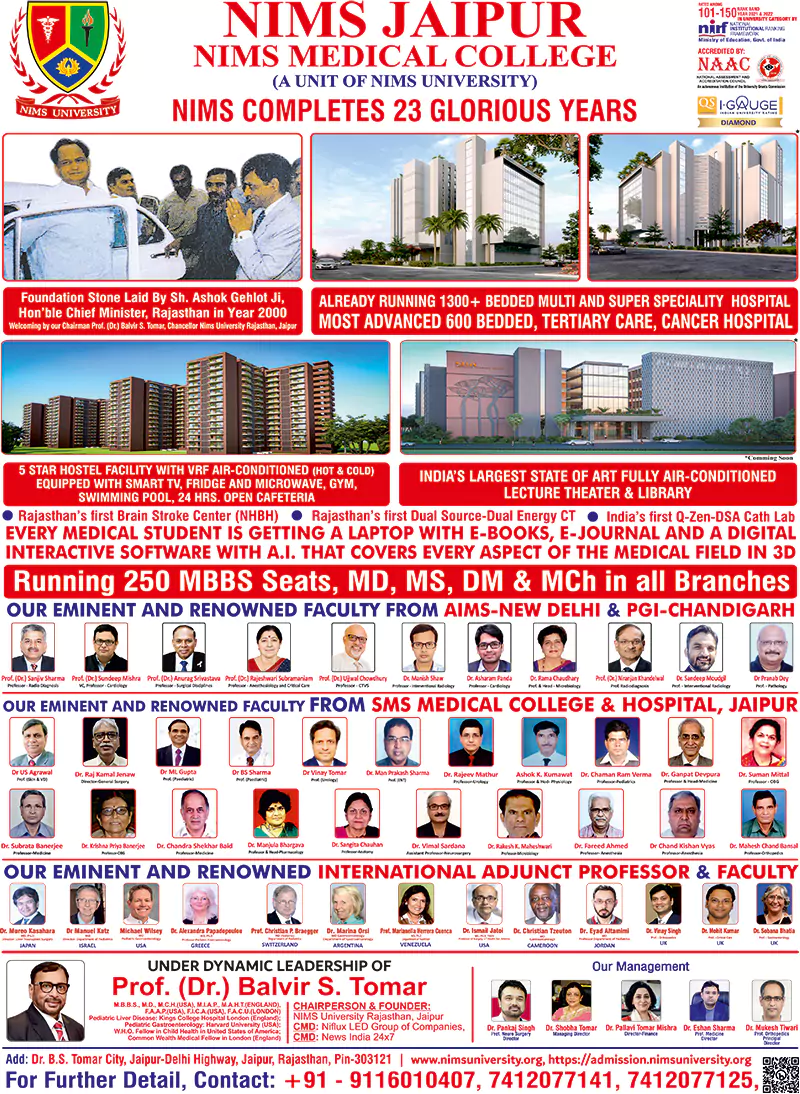What is B.Tech Computer Science (B.Tech CSE)?
A Bachelor of Technology (B.Tech) in Computer Science is an undergraduate engineering program that spans four years and is divided into eight semesters. This course is not just about computers and advanced software but about preparing you for the contemporary digital arena. The B.Tech Computer Science program equips you with the knowledge of algorithms, various programming languages, and the principles of program design, which are all in high demand in today's job market.
Completing a B.Tech in Computer Science opens up opportunities for research enthusiasts. Graduates can join leading enterprises across sectors and business systems, such as banking, engineering, and public and private industries. The demand for computer science professionals is high; this program can be your gateway to a successful career.
Eligibility Criteria
Candidates aspiring to pursue the B.Tech Computer Science and Engineering course must fulfil specific eligibility criteria, which can be differentiated based on institution. Some top engineering colleges also offer scholarships to deserving candidates. The typical eligibility criteria for the course are as follows:
To qualify for enrollment in B.Tech CSE, students must have pursued the science stream in their 10+2 education. Applicants trying for the B.Tech Computer Science Courseshould have completed their 10+2 education with Physics, Chemistry, Mathematics, and Computer Science as their primary subjects. They must have attained a minimum score of 50 per cent or higher in their entrance examination, depending on the specific requirements of the desired institute. Most private colleges with a B.Tech in CSE consider the JEE Mains exam their preferred entrance examination.
Syllabus
Here is a standardized B.Tech Computer Science syllabus that is commonly approved by many Indian universities. Candidates need to review these subjects and the CSE syllabus before admission to the course. Below is a table listing the subjects typically covered in the course:
| Semester | Subjects |
| 1 | Mathematics-I, Physics, Chemistry, Communication Skills, Environmental Studies |
| 2 | Mathematics-II, Basic Electrical Engineering, Engineering Drawing, C Programming, Digital Logic Design |
| 3 | Mathematics-III, Data Structures, Analog Electronics, Computer Organization & Architecture, Operating Systems |
| 4 | Mathematics-IV, Object-Oriented Programming, Microprocessors & Interfacing, Database Management Systems, Analysis & Design of Algorithms |
| 5 | Software Engineering, Computer Networks, Theory of Computation, Compiler Design, Elective-I (e.g., Artificial Intelligence, Machine Learning) |
| 6 | Web Technologies, System Programming, Computer Graphics, Network Security, Elective-II |
| 7 | Cloud Computing, Big Data Analytics, Internet of Things, Elective-III, Project-I |
| 8 | Elective-IV, Project-II, Seminars and Viva Voca |
This table outlines the typical B.Tech Computer Science syllabus covered over four years divided into eight semesters in a program.
Average Fees
The fee structure is a crucial aspect that varies significantly based on the student's choice of institute. B.Tech Computer Science fees in private colleges are generally higher than in government institutes. Students and their parents must understand the fee structure of their desired college, as this knowledge will enable them to plan their finances more effectively. The program's average cost ranges from Rs. 2 Lakhs to Rs. 7.20 Lakhs.
Jobs and Salary
A common question is whether B.Tech Computer Science is good for the future.
The B.Tech Computer Science degree offers a plethora of opportunities in the IT sector. It serves as a stepping stone for talent development and career growth. Graduates can explore roles such as software analysts or engineers in various IT firms and companies, opening up a world of possibilities.
B.Tech Computer Science skills and business systems are in demand across various industries, including government and private IT departments, IT firms, the travel and tourism sector, and many more.
Graduates have many career options, including roles such as Computer Hardware Engineer, Software Developer, Database Administrator, and Web Developer. Significant companies like HCL, Google, Capgemini, Wipro, Microsoft, Deloitte, IBM, and Cognizant are among the top recruiters of Computer Science graduates. On average, the B.Tech Computer Science salary for BTech CSE professionals is around Rs. 10 LPA.
Here are some popular professional job roles available to B.tech Computer Science salary ranging on average:
| S. No | Job Description | Average Annual Salary |
| 1. | Software Engineer | Rs. 6-12 lpa |
| 2. | Systems Analyst | Rs. 5-10 lpa |
| 3. | Database Administrator | Rs. 4-10 lpa |
| 4. | Web Developer | Rs. 3-8 lpa |
| 5. | Network Engineer | Rs. 4-9 lpa |
| 6. | Cyber security Analyst | Rs. 6-15 lpa |
| 7. | Data Scientist | Rs. 7-20 lpa |
| 8. | Artificial Intelligence Engineer | Rs. 6-20 lpa |
Please note that these B.Tech Computer Science salary ranges are approximate and can vary based on factors such as the employer, location, level of experience, and specific skills possessed by the individual.
General FAQs:
B.Tech Computer Science for PCB students?
The straightforward answer for PCB students is no! A science background with Mathematics as a mandatory subject in class XII is necessary for eligibility to pursue a B.Tech CSE.
B.Tech Computer Science or BSc Computer Science.
The distinction lies in the degree's focus: BSc Computer Science offers an understanding of Computer Science and Mathematics, while B. Tech Computer Science and Engineering takes you into specific areas like Artificial Intelligence, Machine Learning, Cloud Computing, Cyber Security, Web Development, and other specialized subjects.
B.Tech Computer Science vs. BE Computer Science.
The difference between B.Tech Computer Science and BE in Computer Science is that BE prioritizes theoretical knowledge, while the former is inclined towards practical application and technology-focused learning.
Is B.Tech Computer Science challenging?
If you wonder about the difficulty level, it is essential to acknowledge that it is generally considered more accessible than other engineering disciplines. Due to its reliance on elaborate mathematical formulas and scientific principles, pursuing a B.Tech in Computer Science Engineering demands substantial dedication and effort. Considering the recent elevation, it is worth the hype as it deems suitable for the future.



